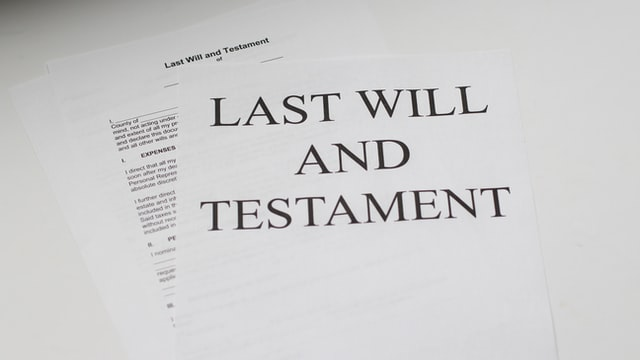According to a survey, more than half of Canadians don’t have a will. You should create a will from scratch to ensure all your assets are fairly distributed to your family.
However, understanding the Canadian will law and creating a will keeping in mind all the rules can be tricky. This is why we recommend you hire lawyers or take extra care when drafting your will. Continue reading this blog to find out how to make a will.
Be Specific About Your Asset Distribution
Your will must specify who gets what. You need to mention every individual’s name and specify what assets you leave to them. Failing to clarify the asset distribution accurately can deem your will invalid and prevent your family from receiving what they deserve.
 We understand that specifying every asset can be a hectic process, which is why we recommend you hire a will lawyer who can help you out at every step of the process.
We understand that specifying every asset can be a hectic process, which is why we recommend you hire a will lawyer who can help you out at every step of the process.
Pick A Guardian For Your Kids
Distributing the assets to your children isn’t enough, especially if they’re too young to use the financial assets. We suggest you designate a guardian that can take care of them and their assets. While it’s not necessary to ask for permission before naming a guardian in your will, we suggest you add multiple guardian names in case one of them doesn’t want to raise your kids.
Sign The Will Properly
Incorrectly signing your will can make it invalid. You must ensure all the signatures on the will are accurate. If your will is signed by multiple witnesses, you must ensure that every witness is older than eighteen years.
Hire Lawyers To Make A Will
Finding it difficult to draft a will? The team at Nanda & Associate Lawyers can help you out! We’ve been operating since 2003, and our team is capable of drafting a tailor-made will for our clients in Canada.
We can evaluate your financial documents and assist you in creating an extensive will. Our team of family lawyers can streamline the complex legal processes for you. For more details about our legal services, get in touch with our representatives.
Disclaimer: This article is only intended for educational purposes and shouldn’t be used as a substitute for legal advice.









